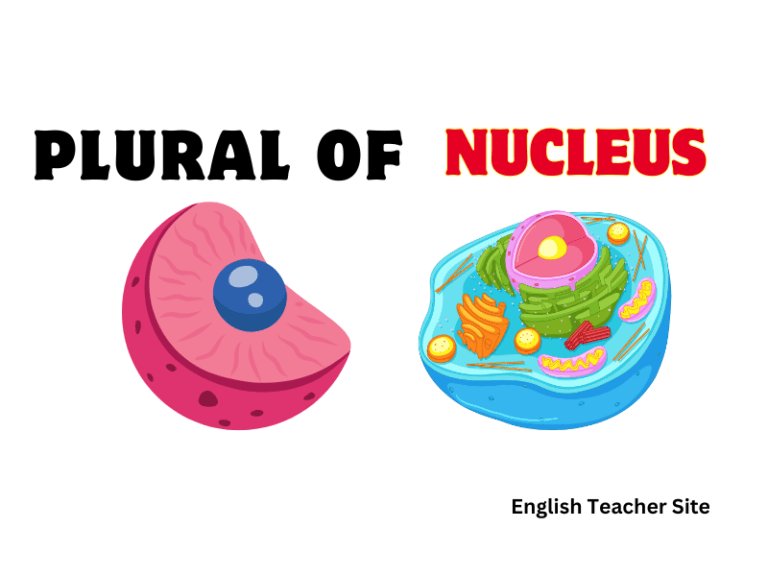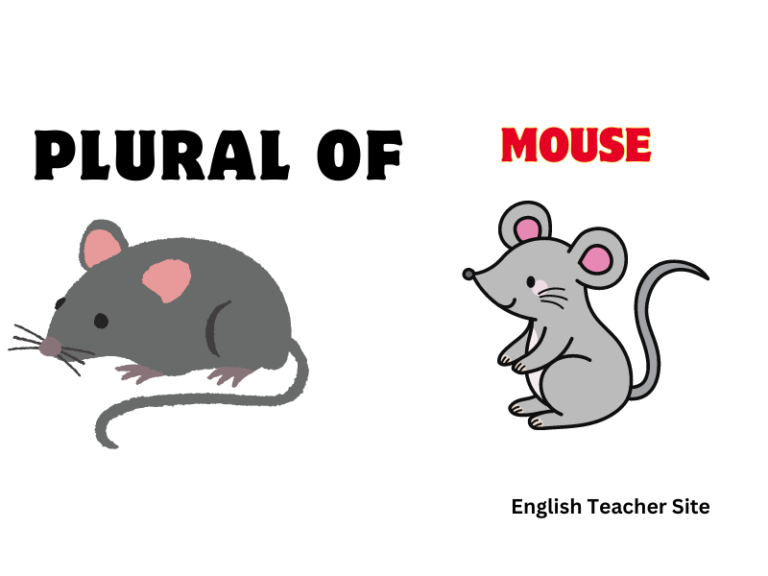Whats the Plural of Paralysis: Understanding Grammatical Nuances
The plural form of “paralysis” is “paralyses.” This transformation follows a pattern observed in many English nouns ending in “-sis,” where the pluralization involves changing “-sis” to “-ses.” The usage of “paralysis” and “paralyses” in sentences must align with their singular and plural contexts, respectively, which impacts the meaning conveyed. What’s the Plural of “Paralysis”?…









